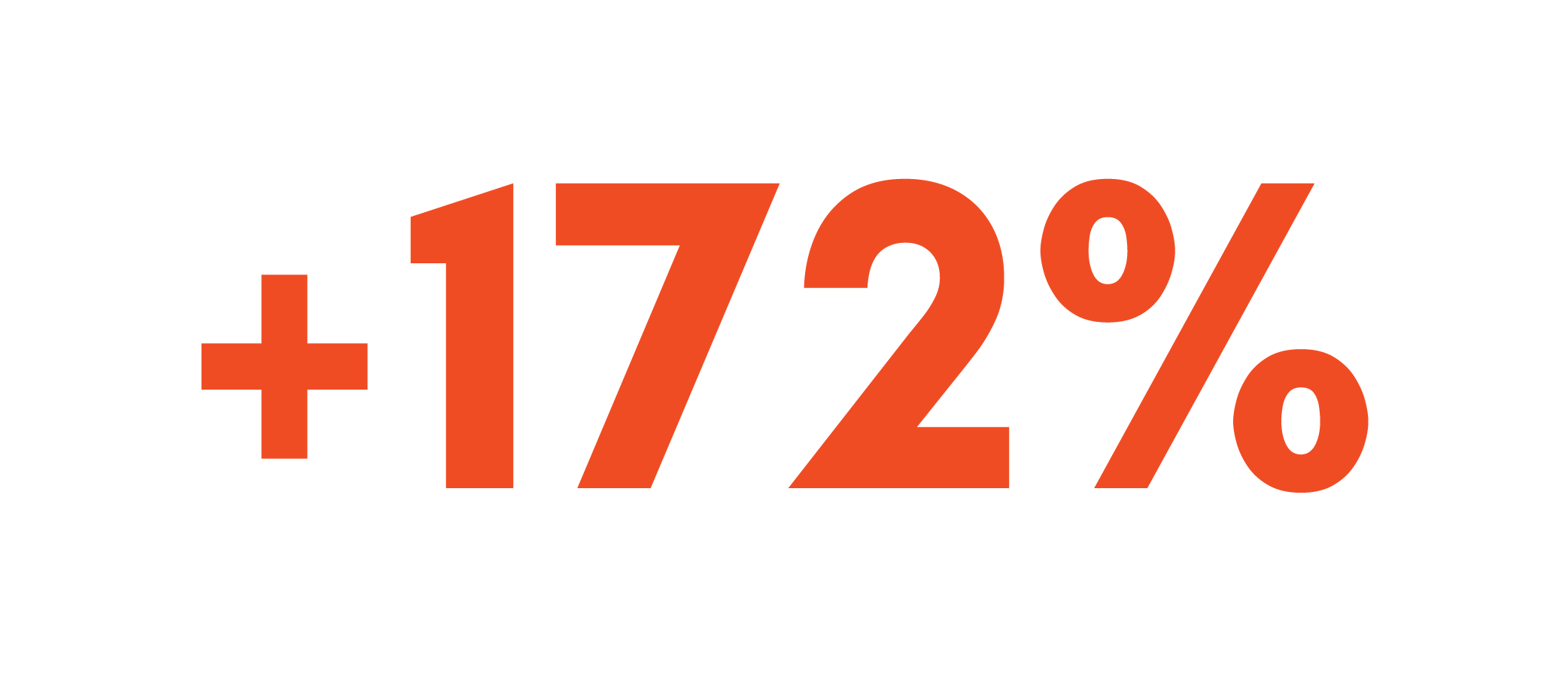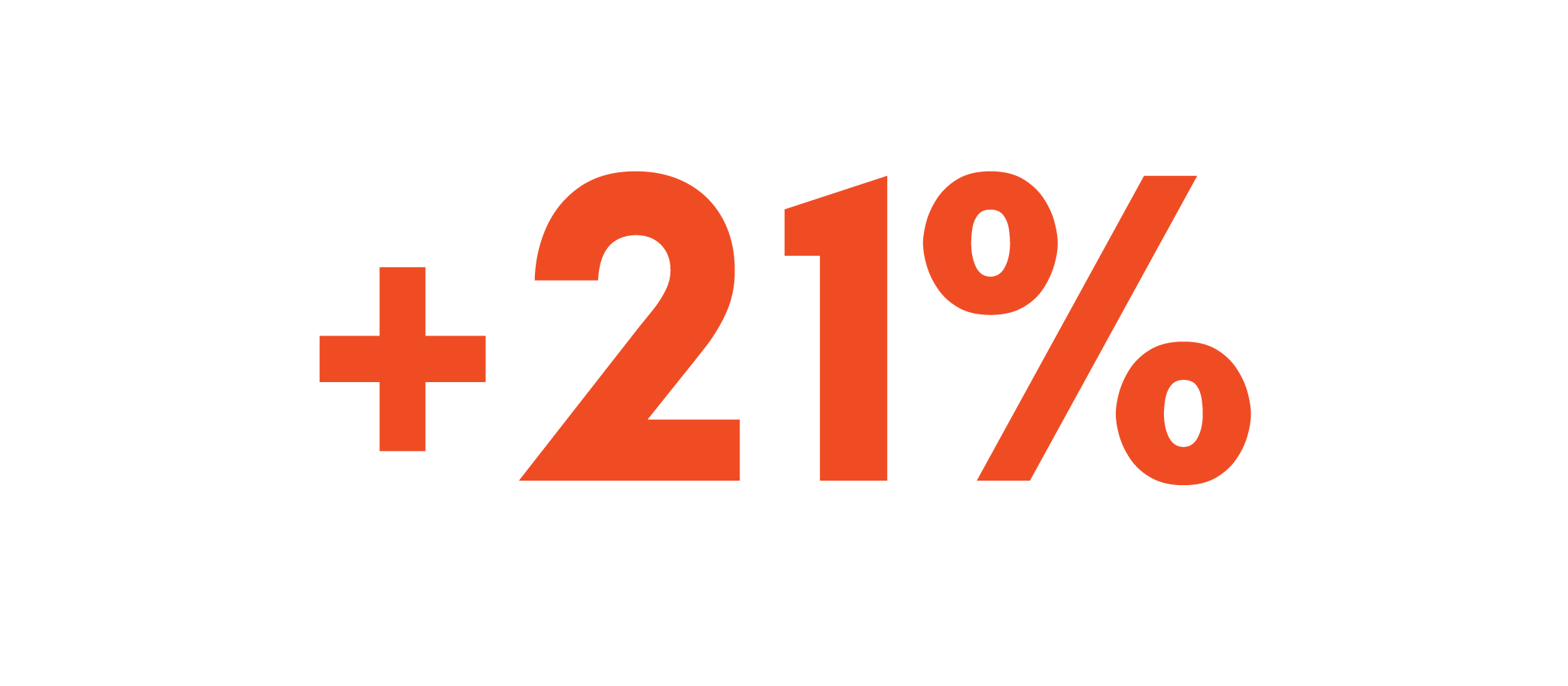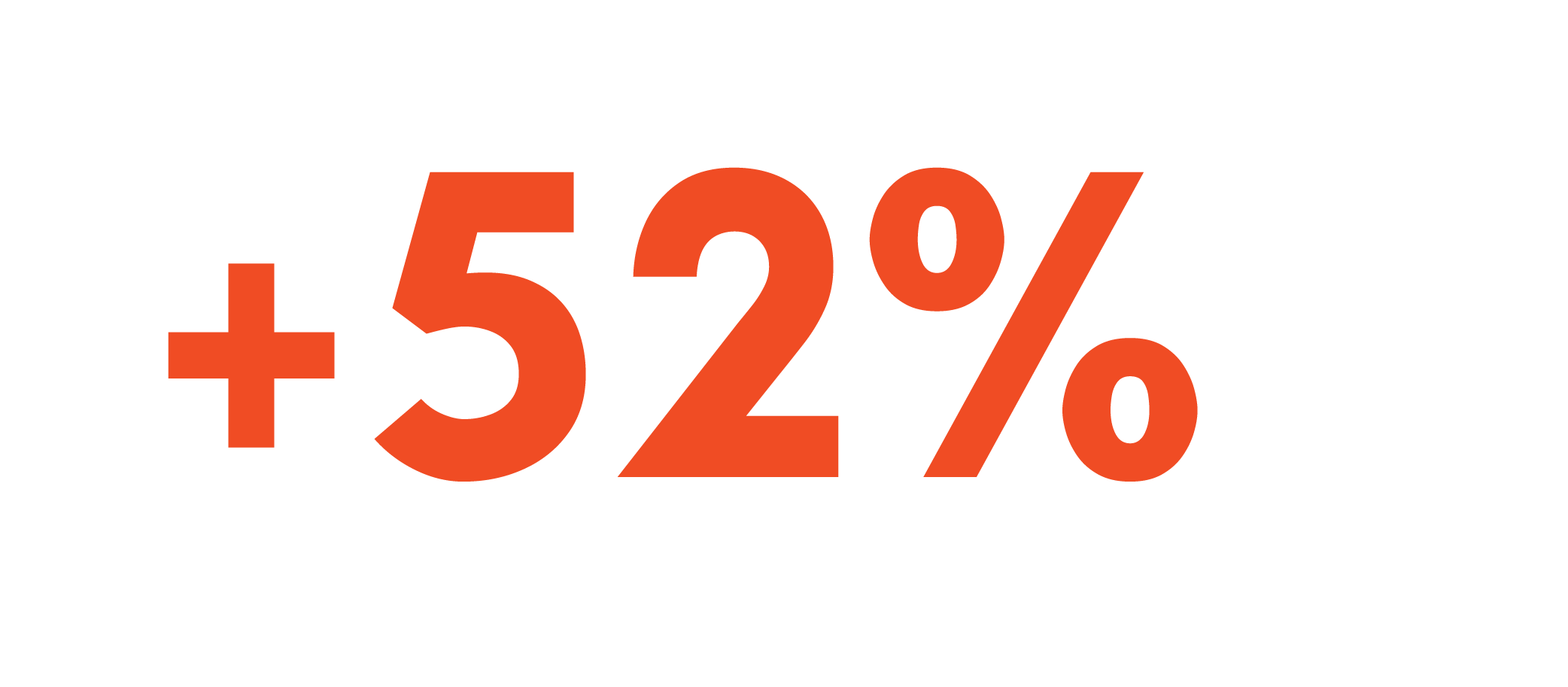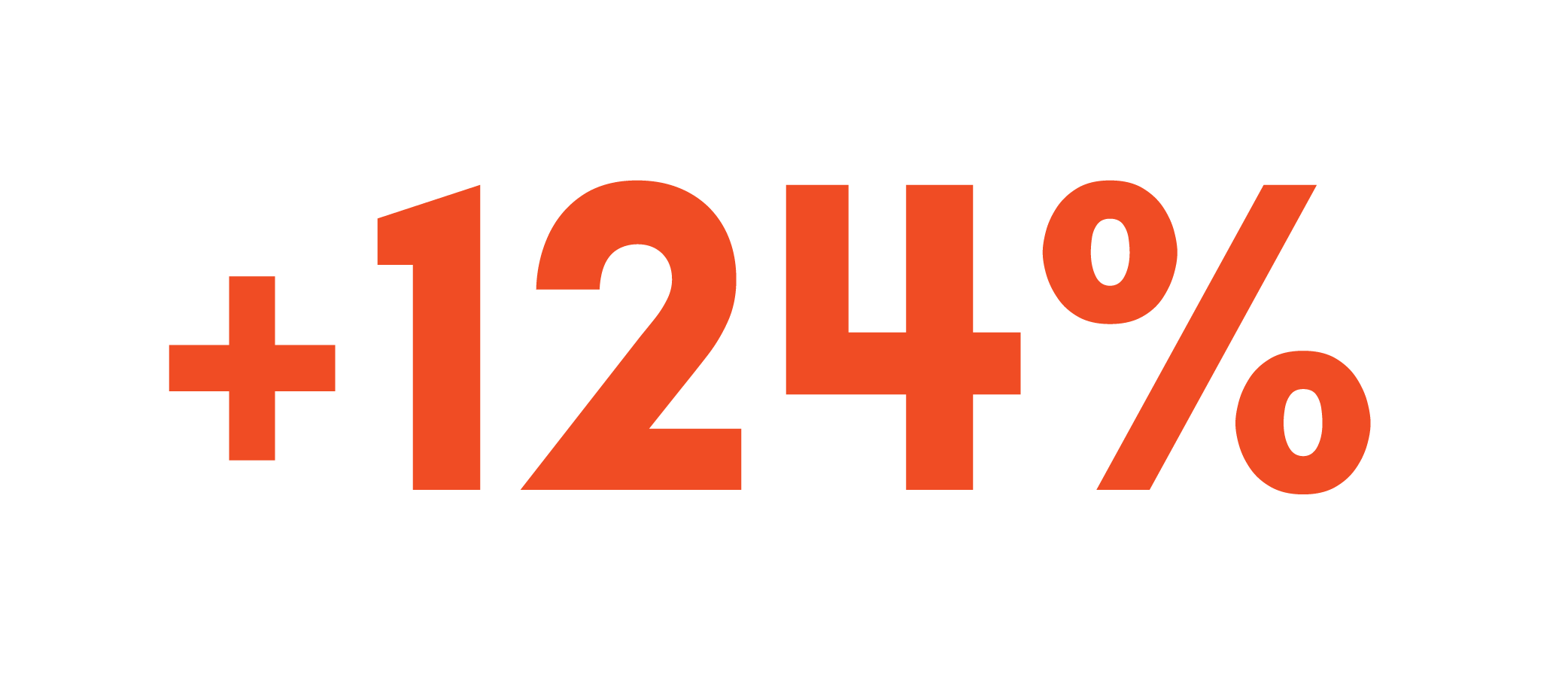Why it matters
Students who take advanced courses are more likely to graduate from high school, earn college degrees, and experience economic mobility. Yet in Florida, enrollment in these courses remains unattainable for students who could succeed in them—driven by school-level practices, policies, and assumptions about student potential.
“Our collaboration through the Opportunity Cadre has been instrumental in reshaping our approach to advanced coursework.”
— District leader
What we did
From summer 2023 to summer 2024, Impact Florida partnered with three large school districts—Duval (DCPS), Miami-Dade (M-DCPS), and Orange County (OCPS)—to increase enrollment in advanced coursework, including Advanced Placement (AP), the Cambridge Advanced program’s Advanced Subsidiary or Advanced level courses, Dual Enrollment (DE), and International Baccalaureate (IB).
Each district received $86,000 and technical support to:
- Analyze enrollment data and identify enrollment opportunities
- Design and implement targeted strategies at three high schools
- Participate in four in-person convenings and cross-district collaboration
Districts chose between two models: designing their own interventions with guidance from Impact Florida or working with national technical assistance provider with expertise in this area.
What participating districts tried
The following strategies were designed for specific schools under distinct conditions. They represent possible avenues for expanding advanced course enrollment—but they should not be interpreted as ready‑made formulas.
Data-Driven Identification and Placement
Districts used student data, such as PSAT results and AP Potential reports, to proactively identify students with the ability to succeed in advanced courses. The effectiveness of these tools depended on each district’s context and leadership, highlighting the importance of local conditions in shaping outcomes. These insights prompted shifts in enrollment practices—like automatic placement into AP courses—that removed passive barriers and encouraged more students to choose rigorous coursework.
Personalized Student Outreach and Advising
Schools developed targeted outreach strategies by training the adults most trusted by students and leveraging survey data to connect with students on a personal level. This relationship-based advising approach helped students feel recognized and supported, making them more likely to enroll in advanced courses.
Reducing Structural and Financial Barriers
Some districts addressed practical obstacles by expanding access to dual enrollment courses on high school campuses and covering the cost of exams and instructional supplies for other accelerated programs. These changes helped ensure that students' participation in advanced coursework wasn’t limited by transportation challenges or financial constraints.
Culture-Building and Capacity Development
To build a schoolwide culture that values and supports advanced coursework, schools engaged families, empowered student ambassadors, and invested in educator development. These efforts equipped both students and staff with the tools, knowledge, and mindsets needed to expand access and challenge limiting assumptions about who belongs in rigorous courses.
Implementation Results & Observations
While results varied by school and were influenced by local context and support, the Opportunity Cadre delivered both measurable enrollment increases and meaningful culture change.

One high school increased AP participation by 70% (2023‑24, after peer study halls and exam‑fee waivers were introduced) and dual enrollment by 172% in just one year (2023‑24, after on‑campus dual‑enrollment sections were added)

Across all participating schools in one district, AP enrollment for Black students rose to 53% from 31%, compared to a districtwide increase of just 8% in two consecutive years (2023‑24, following universal PSAT testing and trusted‑adult outreach).

Another school grew enrollment in a new Cambridge Advanced program by 52% in one year (from 10.7% participation in 2023-24 to 16.2% in 2024–25).

A third district saw a 124% increase in students scoring a 3 or higher on AP exams at one high school (2024‑25, after universal AP enrollment and targeted tutoring supports).
Cadre participants also experienced a cultural shift. Schools began using data differently, empowering more students, and creating a new norm: advanced coursework is for everyone.
School leaders reported shifting from gatekeeping to inclusion. One district shifted to automatic enrollment of all 9th graders in AP Human Geography, establishing the expectation that every student could access rigorous coursework.
Teachers’ beliefs about student potential changed. In one district, AP teachers began recruiting students they had not previously considered, driven by AP Potential data and student surveys identifying trusted adults.
District staff reported new cross-departmental collaboration. One district broke down silos between Advanced Academics and Student Services.
“Our collaboration through the Opportunity Cadre has been instrumental in reshaping our approach to advanced coursework.”
— District leader
Lessons Learned
These insights reflect themes that emerged across participating districts, not prescriptive solutions. They are offered to prompt reflection and support local inquiry.
Adult Mindsets Matter
Shifting adult mindsets is one of the most powerful—and most challenging—levers for expanding access to advanced coursework. In many schools, educators and counselors may unconsciously limit students’ opportunities based on assumptions about readiness or past performance. But when adults believe in the potential of every student, systems start to shift. Changing mindsets requires:
- Examining biases and expectations about who belongs in rigorous courses
- Providing educators with tools, training, and data to challenge assumptions
- Creating a culture where high expectations are backed by strong systems and consistent support
Districts in the Opportunity Cadre found that mindset shifts—especially among school leaders and AP teachers—were foundational to increasing participation. Supporting educators to see students’ potential differently was not just a step in the process—it was the work itself.
Questions for Reflection
The questions that follow may help leadership teams surface assumptions, assess current conditions, and chart context‑responsive next steps.
- What data sources will we review each semester to reveal untapped potential and measure progress
- Which adult mindset shifts are most urgent, and how will we know they are changing?
- How are trusted adults and family voices shaping our outreach strategies?
- Which academic and logistical supports must accompany expanded enrollment to foster success?
- How will we sustain and scale these efforts—especially through collaboration with feeder schools and community partners?
